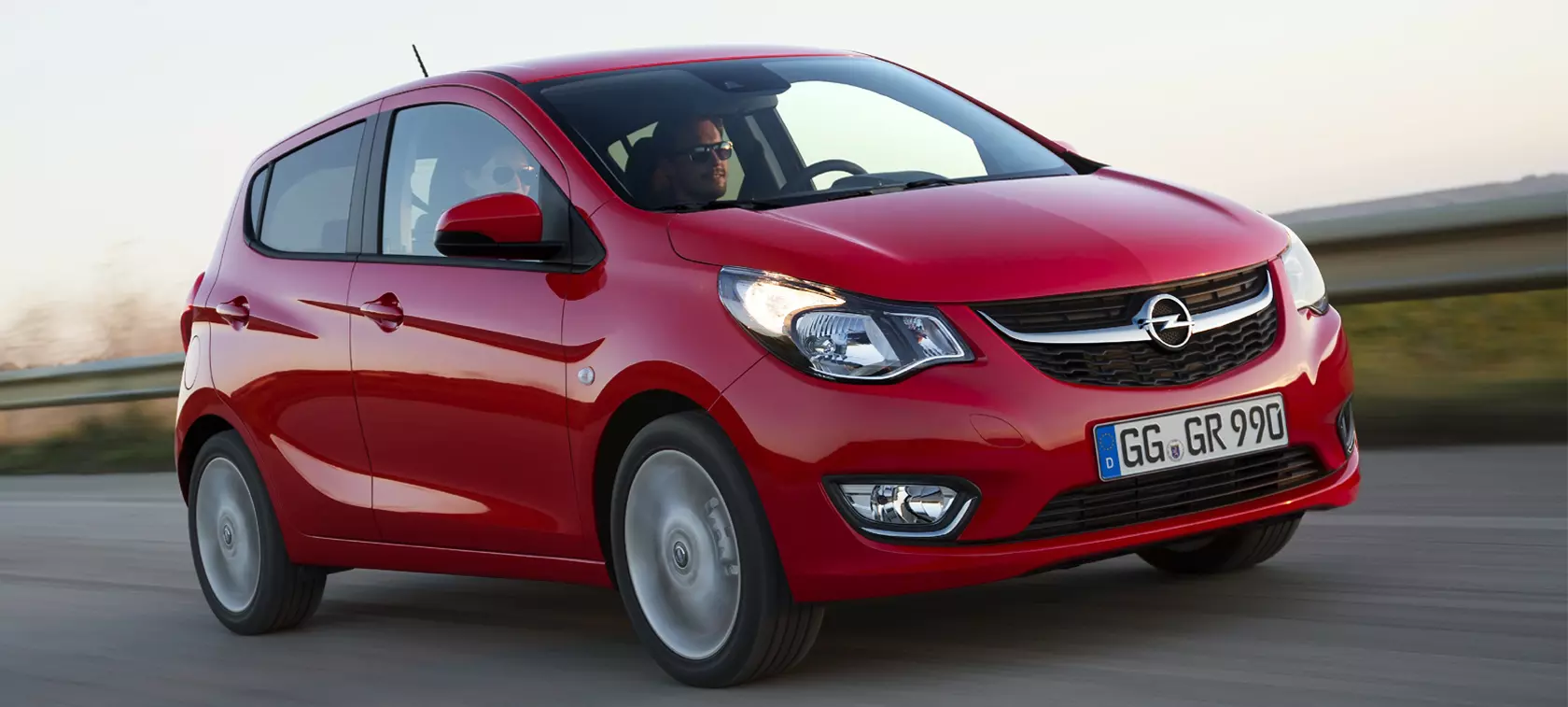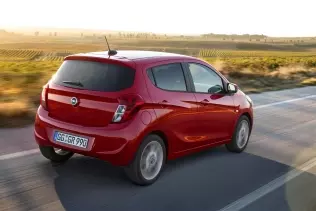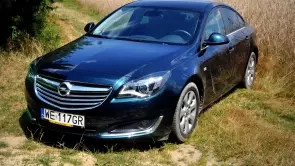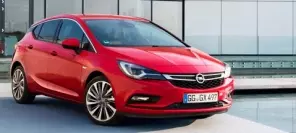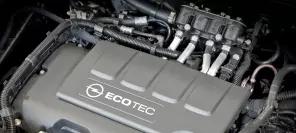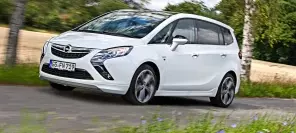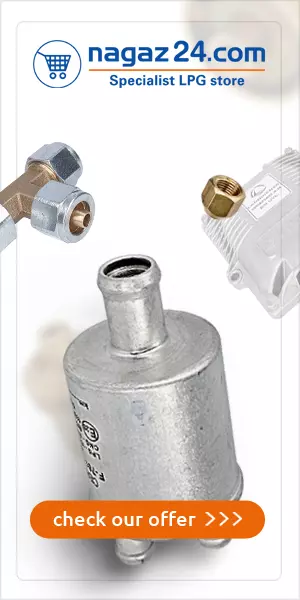- Main page
- Search
- Up to date
- Products
- Technology
- Vehicles
- Video
- Conversion Payback Simulator
Port Injection - Conversion Payback Simulator
Direct Injection - Conversion Payback Simulator
Diesel - Newsletter
Opel Karl LPGTEC - as cheap as it gets
 loading results...
loading results...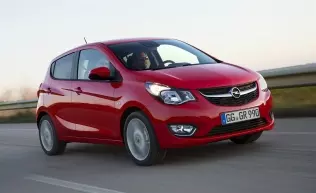 © Opel5 l of petrol don't cost much, but 7 l of LPG cost even less - if that's your philosophy, consider the Karl
© Opel5 l of petrol don't cost much, but 7 l of LPG cost even less - if that's your philosophy, consider the KarlThree cylinders, one litre of displacement and a small, yet spacious body plus an autogas system – mix those to and you're bound to end up getting a car that's as cheap to refuel as possible. Yes, you may argue that electric vehicles generate even smaller costs and you'd be right, but remember how expensive these still are. For example, in Germany you can get a petrol-powered Volkswagen up! for less than 10000 euros, while its EV counterpart, the e-up!, is priced at almost three times as much. Dedicated or factory-fitted autogas systems appear dirt cheap in comparison...
The smallest Opel in the current line-up replaces the Suzuki co-developed Agila with a Chevrolet Spark twin. Which is convenient since the Chevy brand is now defunct in Europe. The LPG-powered Karl (also known as the Vauxhall Viva in the UK) uses the same petrol engine as all the non-LPG variants (in fact, the line-up comprises one unit altogether), offering 75 PS of power and 95 Nm of torque from a displacement of 999 cm3. Which means the smallest Opel is poised to face the Skoda Citigo, which is also offered in autogas guise in some markets, including Poland.
According to the car's manufacturer's data, the Karl needs 4,9 l of LPG per 100 km of highway driving, 7,1 l/100 km in the city and 5,7 l/100 km on average. Just for comparion, when running on petrol it requires on average 4,6 l/100 km, but don't be fooled by the sheer figures since autogas is usually by approx. 50 percent cheaper than its conventional counterpart. Given the fuel economy figures and current fuel prices, the only kind of motor vehicle cheaper to run than a Karl LPGTEC would probably be... a moped. As for CO2 emissions, the autogas-powered pocket-sized Opel spews out 93 g/km, which is less than the special ECO version running on petrol, which emits 99 g/km.
Depending on fuel price relations in particular markets, the factory-converted Karl should pay back the price premium over its conventionally motivated sibling after covering some 50-60 thousand km. That's not exactly little for a city car, but still the LPGTEC version should be interesting to those who would normally go looking for a diesel. Hopefully we'll be able to tell you more about this latest offering from Opel when we put it through its paces in a test!
You may also find these interesting:
 loading results...
loading results...
